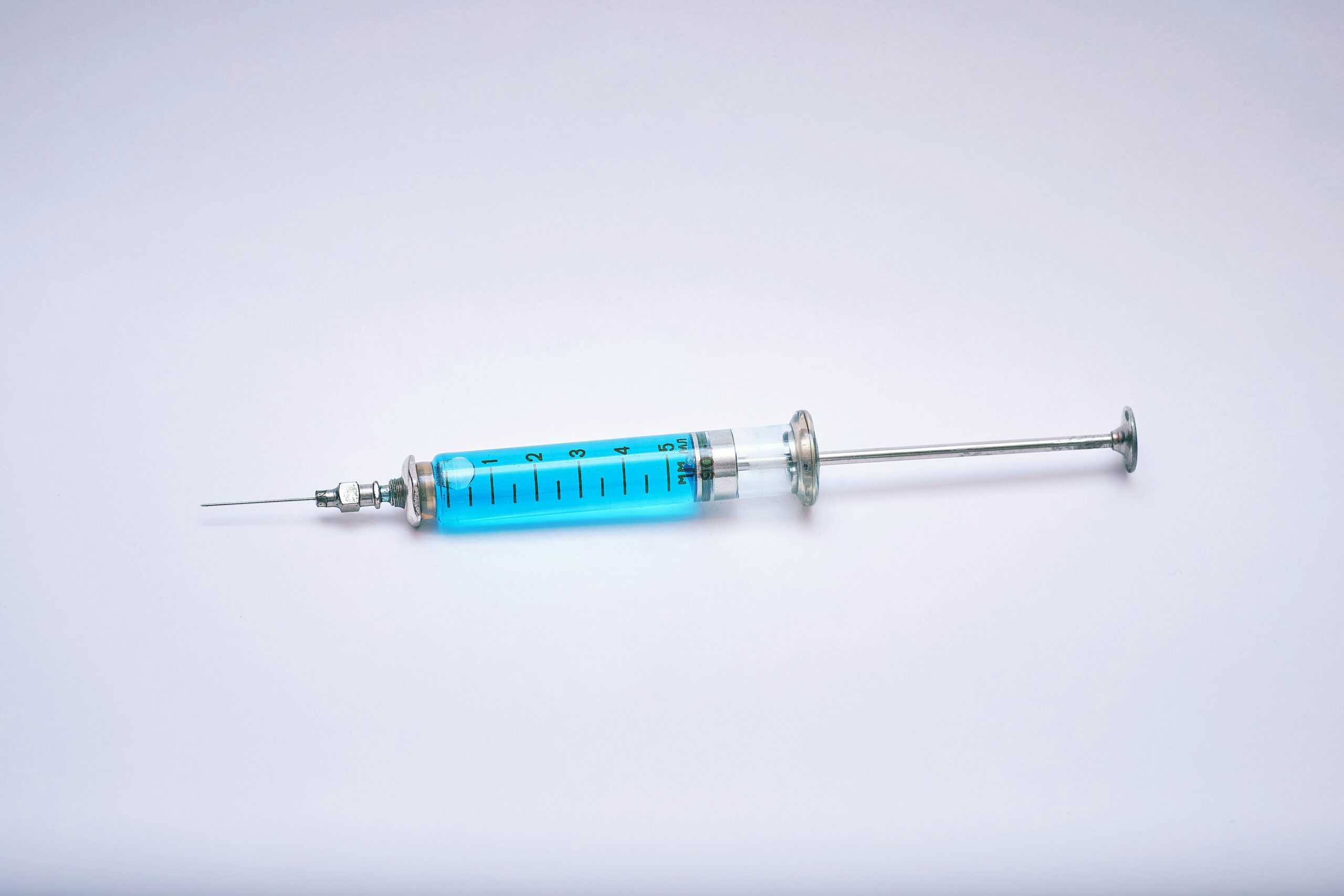
Uzbekistan sentences 23 in deadly cough syrup scandal
A court in Uzbekistan sentenced 23 people to prison on Monday for their roles in a scandal that killed 68 children and exposed the country’s lax regulation of imported medicine.
The defendants, who included former health officials, pharmaceutical executives and customs officers, were found guilty of various crimes, such as tax evasion, sale of substandard or counterfeit medicines, abuse of office, negligence, forgery and bribery. The sentences ranged from two to 20 years.
The case stemmed from the deaths of dozens of children, mostly under the age of two, who consumed cough syrups contaminated with toxic chemicals. The syrups were manufactured by Marion Biotech, an Indian company, and distributed by Quramax Medical, a local firm.
The World Health Organization (WHO) said in January 2024 that two of Marion Biotech’s cough syrups, Ambronol and Dok-1 Max, were “substandard” and had unacceptable amounts of diethylene glycol and ethylene glycol, which are used as antifreeze and can cause kidney failure and death if ingested.
Marion Biotech denied the allegations and said it did not “agree” with the WHO’s findings. However, India’s health ministry suspended its production and its license was revoked by the food safety department in Uttar Pradesh, where it was based.
The Uzbek authorities launched a criminal investigation and arrested dozens of suspects, including Singh Raghvendra Pratar, an Indian executive director of Quramax Medical, who received the longest sentence of 20 years.
The trial, which lasted six months, revealed the extent of corruption and negligence in the Uzbek health system, which allowed the import and sale of substandard and counterfeit medicines without proper checks and controls.
The court also ordered the payment of compensation to the families of the victims, amounting to $80,000 for each child who died and for each of the four children who became disabled after consuming the cough syrup.
The tragedy sparked public outrage and calls for reforms in the health sector, which has been plagued by shortages, low quality and high prices of medicines.
The Uzbek government has vowed to improve the regulation and oversight of imported medicine and to crack down on corruption and fraud in the pharmaceutical industry. It has also pledged to increase the domestic production of medicine and to ensure its safety and affordability.

